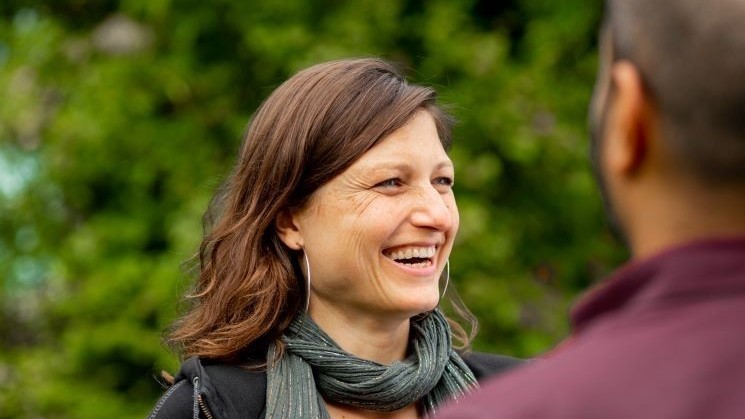Information for your Situation
If you are facing financial difficulties, you might be able to get extra help based on your circumstances.

There are a lot of different types of financial support if you need help with money. But it can be hard to know where to start.
We have created simple overviews of the various benefits and grants that you might be able to claim, based on your situation.
Select one of the options below to find out what help you can get.
If more than one applies to you, choose the one that feels most relevant right now. You can always come back to this page.
Cost of living help
Struggling to pay bills and other everyday costs of living? Find out what help may be available to you.
Cost of living helpEnergy and water bills
Struggling with energy and water bills? You may be able to get help through benefits and grants.
Energy and water billsBack to school support
Find out what help there is with the costs of school uniform, school meals, transport and childcare.
Back to school supportBereavement
If your husband, wife, partner or child has recently died, you may be able to get financial help.
Bereavement helpBringing up a child
Find out what help you can get if you are expecting a child or are bringing up a child.
Bringing up a childCarer
Find out what help there is if you are a carer for someone who has an illness or disability.
Help for carersDebt
Are you in debt? Browse our list of debt advice organisations, as well as information about maximising your income.
Debt helpDisabled, ill or injured
If you are disabled, sick or have a health condition, are terminally ill, or have an injury, extra help might be available.
Disabled, ill or injuredHousing costs
Find out what help you can get with housing costs, such as Universal Credit, and support with council tax and mortgage interests.
Housing costsImmigration
If you are a migrant or asylum seeker to the UK, read about financial help you might be able to get.
Help for migrantsPension and retirement
If you are over State Pension Age, or are nearing retirement, find out what help you can get, such as Pension Credit.
Pension and retirementPrison
Find out how your benefits are affected if you or your partner is in prison, on remand or on release. Browse support organisations too.
Prison and benefitsStudying
If you are in higher or further education, find out what financial support you could get and where to get advice.
Help when studyingWork & unemployment
Information about help available if you are in work but on a low income, facing redundancy, or looking for work.
Work & unemploymentYoung person (16-18)
Find out what financial support you might be able to get if you are aged 16 – 18. This includes information for young carers and care leavers.
Young person support